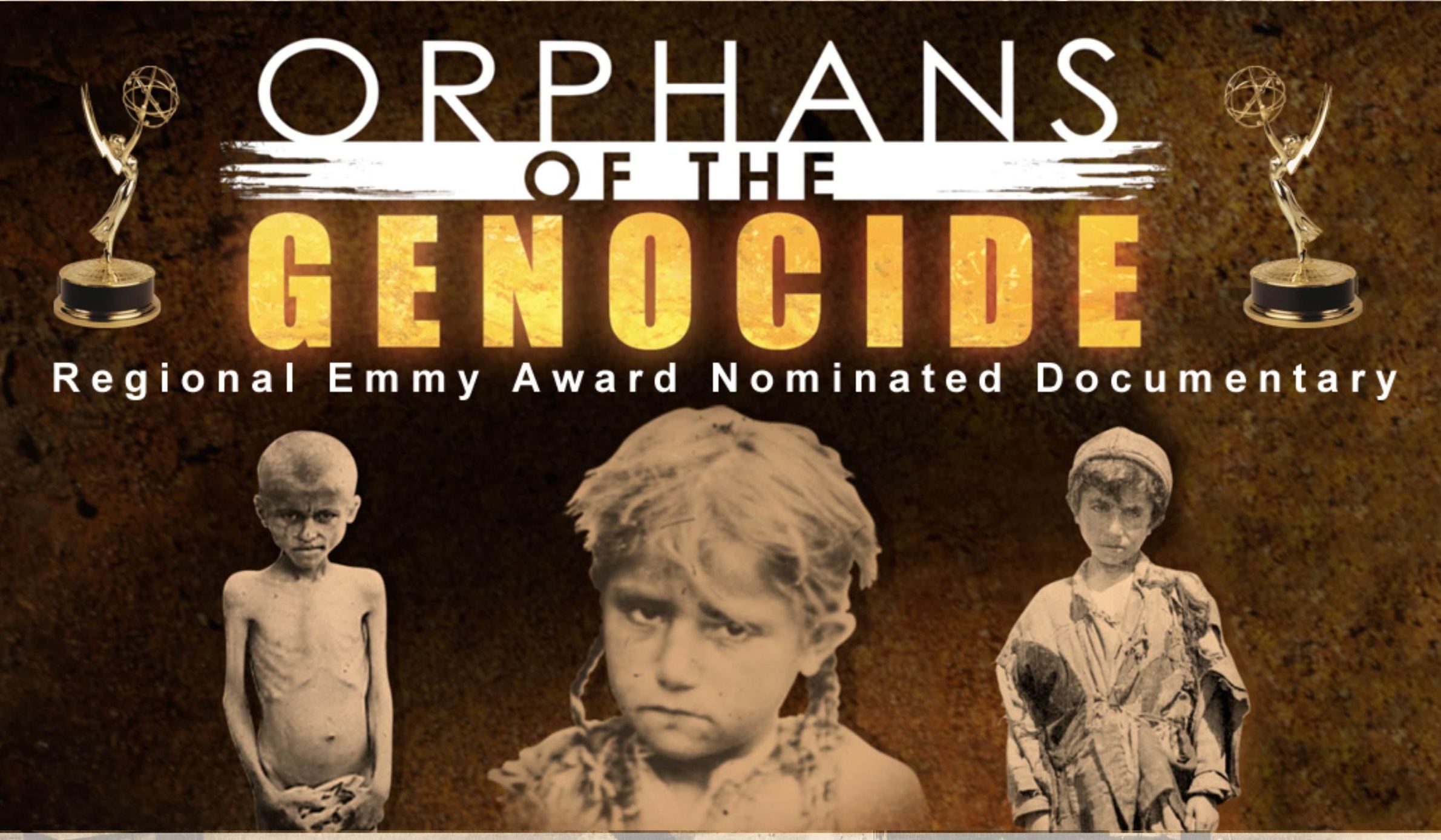“Orphans of the Genocide” screens in Bloomfield Hills, Oakland

One of the world’s largest orphanages housed 22,000 children in one complex during the Armenian Genocide of 1915. One hundred years later, the horror stories live on through survivors and family members of survivors.
This April marks the centennial of the Armenian genocide in 1915. To recognize its importance, the Maple Theatre in Bloomfield Hills showed the documentary “Orphans of the Genocide,” The Oakland Press reported.
The film was directed and produced by four-time Emmy Award winning filmmaker, Bared Maronian and his award winning documentary filmmaking team, Armenoid Productions.
Maronian was inspired to create the film after reading the 2010 article, “Living proof of the Armenian Genocide” (http://ind.pn/17lAKM2)_by Robert Fisk in The Independent newspaper in London, England.
The film was completed in three and a half years and has been nominated for a regional Emmy twice, he said.
“When I read that article I was amazed with what I found,” he said. “This story happened 100 years ago and I was surprised something like that would happen.”
While researching, Maronian dug through Scandinavian, German and Armenian archives for facts, statistics or even film footage that he could use.
He came across rare footage from the National German Archives showing 22,000 orphans in a field and was able to incorporate it into his film.
“You can visualize their pain and what was going through their mind and make connection to the stories you heard growing up,” said John Zadikian, member of the Armenian Genocide Centennial Committee of Greater Detroit.
Zadikian grew up listening to stories of the genocide from his grandmother who was a genocide survivor.
“To me it’s sort of bring the experience full circle,” he said. “Hearing the sorties first hand are one thing but film brings in the visual element for those who continue to live on.”
During the research and filming process, Maronian and his team visited four countries — Armenia, Lebanon, The United States and Canada.
Speaking with scholars and hearing stories from survivors or families of survivors, the film started to shape.
While researching Maronian was shocked with some of the information he uncovered.
“One of the most shocking —a positive shock —was the fact that the Americans during post World War I during 1915-16, embarked on this huge humanitarian effort to save thousands of Armenian orphans – 32,000 orphans, as its documented,” he said.
“As far as a negative shock, it was the largest ever orphanage in the world,” he said. “During the war, 20,000 orphans were housed under one complex and 75 barracks were converted into orphans houses,” he said.
In addition to “Orphans of the Genocide,” Maronian is currently filming “The Women of 1915,” which focuses on women during that time.
As a fundraiser, donations will be accepted at the showing.
A trailer for “The Women of 1915” will be shown after the viewing along with a speech by Maronian about his film making process.
“My own grandmother was put in orphanage,” said Zadikian. “The Women of 1915 tells stories of how women survived.”
Maronian’s original goal was to have the film ready for the centennial this April but due to funding issues, the deadline has been pushed back and he hopes to have it complete within 2015.
“I would like to say the Detroit community has been very supportive of my first film and we hope to have a successful fundraiser for The Women of 1915,” he said.








